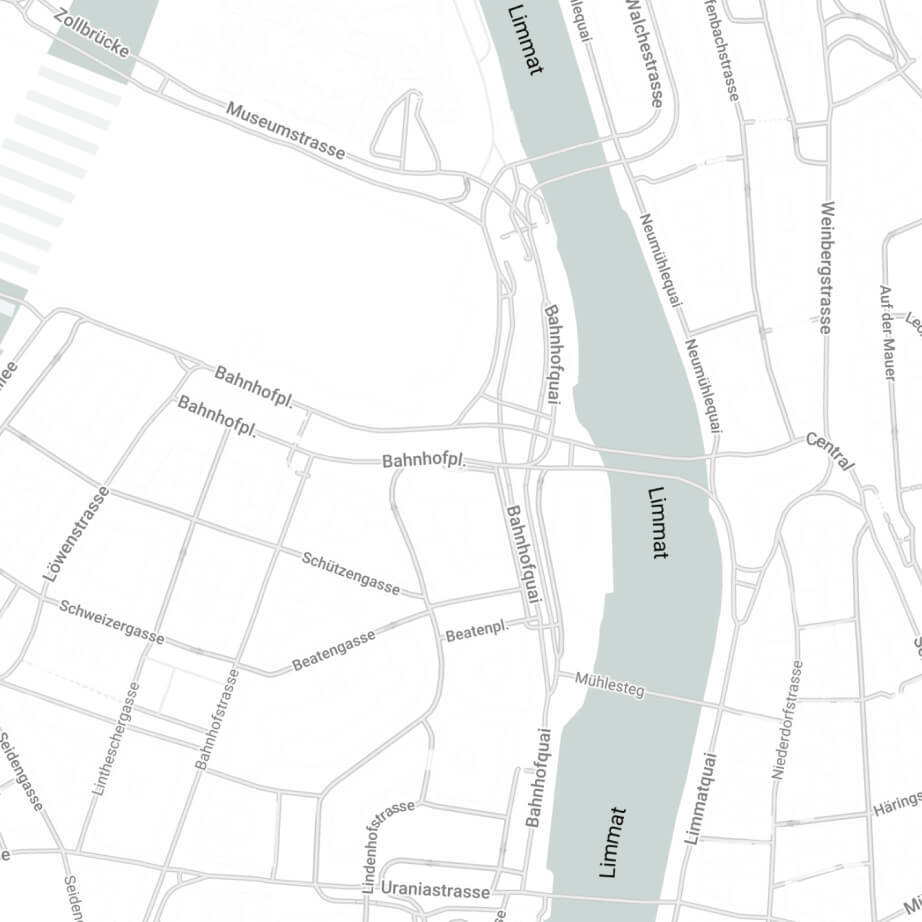A Festskriftsseminar for Mads Andenæs
At the Festskriftsseminar in honour of Professor Mads Andenæs QC, held in Urbygningen in June 2025, Prof. Dr. Dr. Carl Baudenbacher, former President of the EFTA Court, delivered a powerful and personal speech titled “Political Justice in Our Time.”
This address is more than a tribute, it is a call to remain vigilant wherever law and political structures converge.
Legal Diviners, Not Power Echoes
Carl Baudenbacher opens with a portrait of Andenæs as a “legal diviner”: someone with rare instinct and conceptual clarity, capable of identifying the essential legal issue even without full factual context. Such qualities, he suggests, are more vital than ever in a judicial landscape increasingly influenced by political and societal pressures.
What Is Political Justice?
Political justice goes beyond the natural tension between law and governance. It describes the deliberate use of judicial mechanisms to shape or preserve political authority. He observes that, amid global challenges, from economic strain to ideological polarisation, courts in various jurisdictions are exposed to pressures that may compromise their institutional impartiality.
Five Cases that Invite Reflection
To illustrate his concerns, our partner Carl Baudenbacher discusses five recent cases from European and international courts:
- Switzerland – Zofingia Case
The Federal Supreme Court banned male-only fraternities from public campuses, favouring equality over freedom of association – without explicit balancing of fundamental rights. - CJEU – Commission v. Malta
The Court ruled Malta’s citizenship-by-investment scheme unlawful, prompting debate about judicial interference with national sovereignty. - Norway – NAV Scandal
The Supreme Court denied compensation to victims of systematic administrative errors, raising questions about institutional accountability and public trust. - Germany – “Emergency Brake” Case
The Federal Constitutional Court upheld broad pandemic restrictions. Reports of pre-hearing contact with the executive raised concerns about judicial independence. - ECtHR – Climate Seniors v. Switzerland
The Court introduced novel rights and standing criteria – potentially extending beyond its interpretive mandate and sparking legitimacy concerns.
Countermeasures for Institutional Integrity
To strengthen trust in the judiciary and maintain its constitutional role, Carl Baudenbacher calls for:
- Behavioural safeguards: Transparent legal reasoning, consistent methodology, and acknowledgment of competing rights.
- Structural reforms: Clear appointment procedures, open dissent, minimised executive influence, and public scrutiny for senior judicial posts.
His conclusion is both personal and principled:
“If the law is to remain clear, navigable, and just, we need more legal diviners like Mads Andenæs – people without fear but with a strong spine – and fewer robes that echo only power.”
Download the full speech (PDF):
Prof. Dr. Dr. Carl Baudenbacher’s address “Political Justice in Our Time” was delivered at the Festskriftsseminar in honour of Professor Mads Andenæs QC in Urbygningen, June 2025. The full manuscript is now available for download: 19.6. PDF Political Justice



